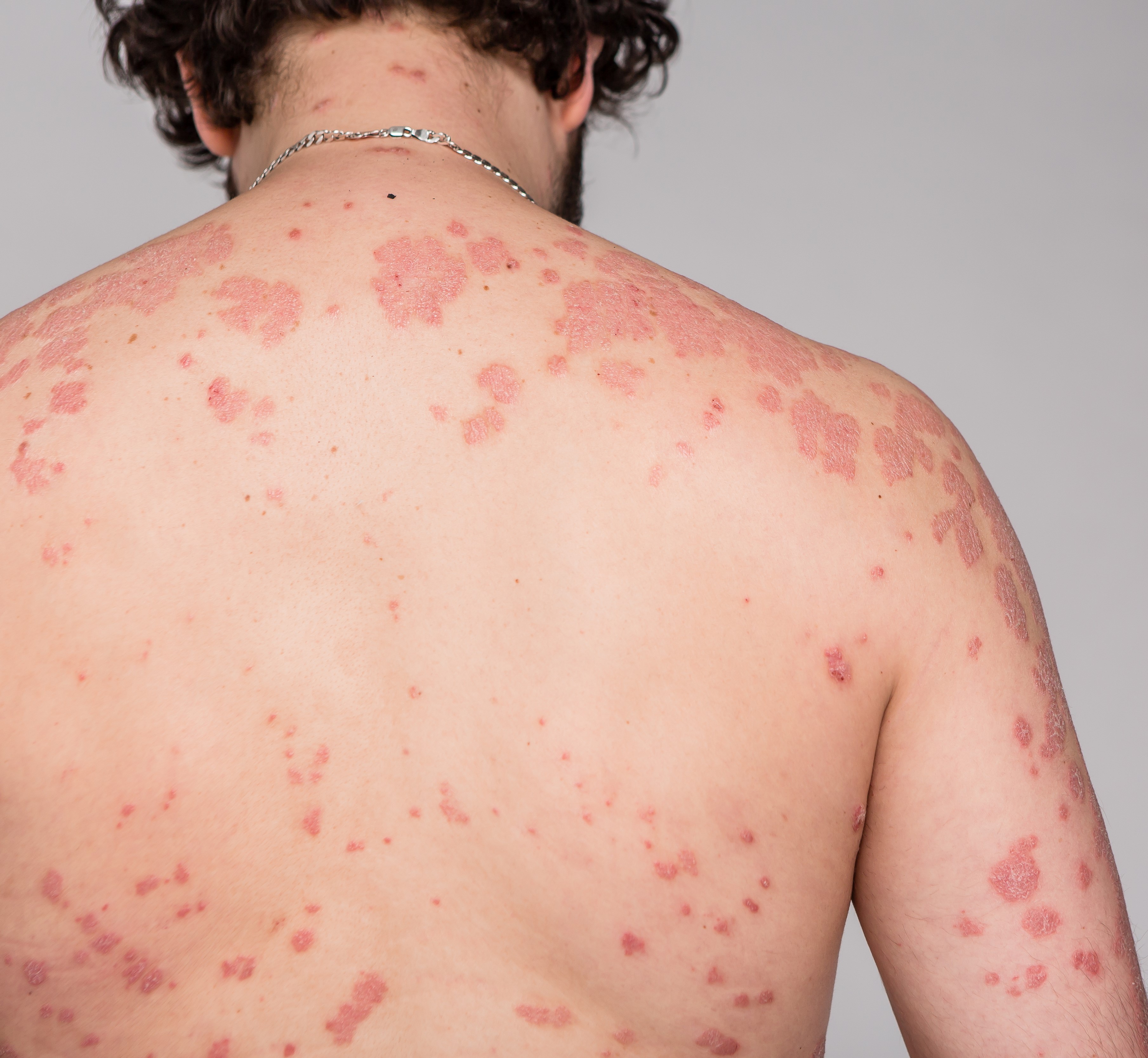
“Doc, Please Help Get Rid of My Warts!!!”...
We are excited to see so many of you join our fall FMEP courses. Several...
Comments Off on “Doc, Please Help Get Rid of My Warts!!!” What You Need to Know About Warts for Your CCFP Exam
Just a reminder… pay attention to the questions. Here are our general tips one more time:
1. Pay attention to the questions. Look carefully at how many items you are being asked to list. If the question asks for five items, you will not get more marks if you list eight items; the examiner will look at the first five and allocate marks only for the first five answers – so be careful. On a SAMP, if it is not clearly stated how many items you should list, look at the amount of points/marks being allocated for the question to get an idea of how many answers the examiner may be anticipating you write down.
2. Do not write lengthy answers. Most questions can be answered in 10 words or less!
3. Be specific when writing down investigations (hemoglobin instead of CBC; CT abdomen instead of CT).
4. Remember that trade names and generic names are both acceptable when writing down medications.
5. For more helpful tips, you can refer to CCFP’s SAMP instructions by clicking here.
SAMP
43-year-old male presents with thick plaques on his skin. The plaques have been there for a few months. They can be pruritic and he is bothered by the cosmetic appearance. He does not feel comfortable being intimate with his partner because his self-image has been affected. His medical history is significant for Type 1 diabetes that is well-controlled. He smokes half a pack per day and has been smoking for 14 years. He drinks socially (one to two times a month). His medications include Tresiba 8 U SC qhs, Humalog 6U TID, Atorvastatin 10mg daily, and Ramipril 10 mg. (10 points)
1. What is the most likely diagnosis? (1 point)
2. If the biopsy came back negative for psoriasis, what are three other common differential diagnoses you would consider? (3 points)
3. List two extrinsic factors that can trigger psoriasis. (2 points)
4. True or false: Having a parent with psoriasis does not increase a patient’s lifetime risk of psoriasis. (1 point)
5. True or false: Most psoriasis is not well-defined and not uniform in colour. (1 point)
6. True or false: Plaque psoriasis is the most common form of psoriasis. (1 point)
7. What is a serious complication of psoriasis you need to screen for? (1 point)